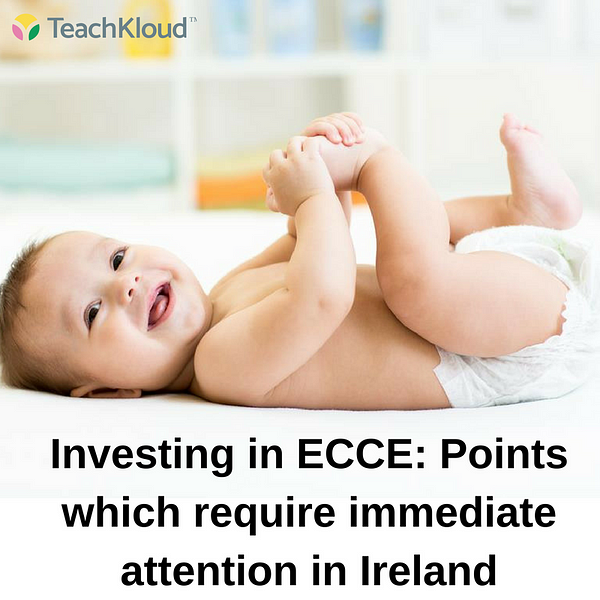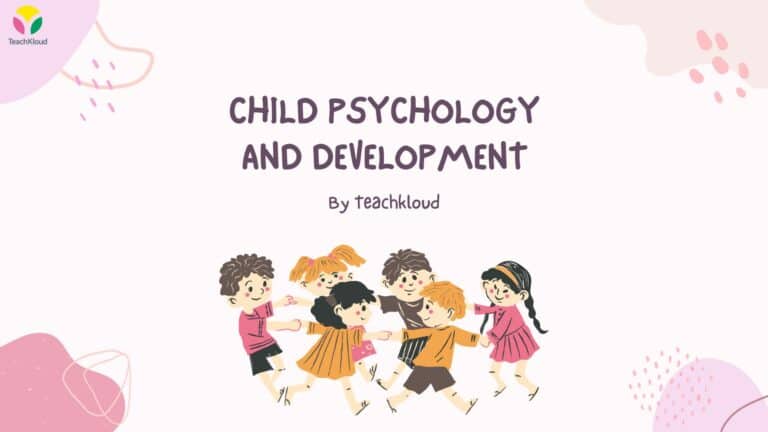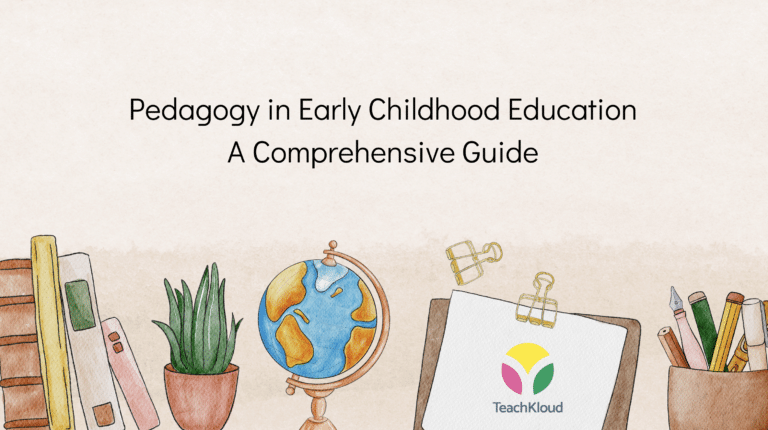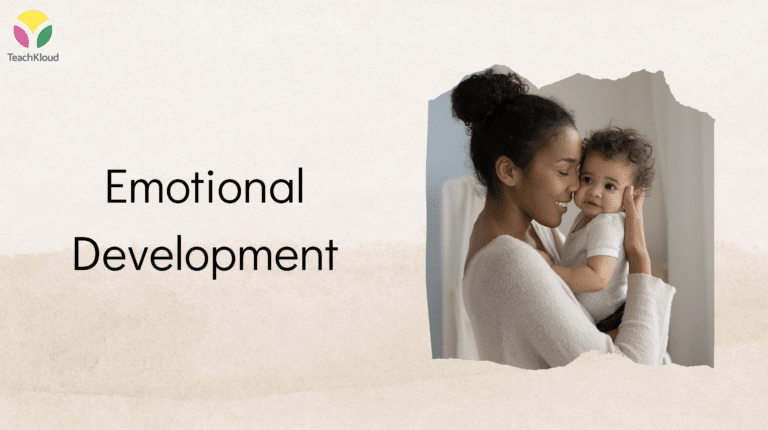Points for Immediate Attention by the DCYA: Investing in ECCE!
Author Nora Anne Luck BA.ECS (Hons); RGN Bainisteoir Naíonra
Please share this article — lets get the conversation started on investing in ECCE #RecognitionforECCE!
Date: 2016

Much has already been done by Early Childhood Professionals in Ireland: writing, petitioning, lobbying, meetings, discussions with DCYA representatives, along with other ongoing initiatives by the ACP and other supportive bodies, yet the plight of the Early Years Edu-carer in Ireland is more grave than ever. Survival of our services is now at stake, and this is the issue that calls for immediate redress — if we are to avoid disintegration. This is a statement of fact, not exaggeration, and yes, it is serious. We, the service providers have, over several years, tried repeatedly to communicate this reality to government, as well as our local politicians.
There are a number of issues that have brought us to breaking point that need urgent examination and rectification in order to maintain the high standard of professional provision that we aspire to daily in our services. But first we must attend the most pressing need of all: financial survival. Without securing survival, there is little point in addressing other priorities. What can we do?
Solution proposal to DCYA:
- EY managers’ direct experience of a steadily increasing struggle since 2010 has brought a sharp clarity to the inevitable solution: INCREASED REALISTIC INVESTMENT.
Should there be any ambiguity, let’s start by:
- Examining Unit Costs within each type of service — make the Unit Cost the baseline figure for calculating capitation levels for the eligible ‘free year’ children. Current ECCE capitation income reflects a sum far less than actual unit costs, and ECCE capitation income constitutes the only possible income in several EY services.
- It needs to be borne in mind that the figure of €64 (not to mention €62.50 /week/child) is grossly inadequate in covering running costs and wages, even low/modest wages, if we are to maintain and comply with legal adult /child ratios.
- Let’s remind ourselves: €75/week/child was the average weekly fee charged to parents for a sessional service prior to the advent of the free year scheme in 2010. Then the Free year scheme offered an unprecedented financial advantage to parents of eligible children (parents whom we were advised by Pobal Inspectors — must not be charged any fee at all, requiring written evidence during compliance visits that ‘free meant free’).
- Hence the erosion over the six year period of any contingency monies, in order to cover the shortfall (the significant difference between €75/week and €62.50/week), leaving services struggling financially, in debt, or obliged to organise overdrafts & bank loans to pay staff or inland revenue. In 2016 such an arrangement is entirely unacceptable as well as unsustainable, as is the burden of responsability on the shoulders of the EY service managers and their voluntary management committees.
- ECCE capitation in a sessional service, needs to be €100 per child per week at a minimum — to remain sustainable and avoid calamity.
- A key consideration: Early Years services comprise three components, three co-dependant elements: Children, Parents, Providers. While it is a progressive step by the Irish government to facilitate parents in relieving them of the financial burden of preschooling their children, it is also their glaring omission to fail to take into account the accurate financial demands of running an EY service, including the realistic annually increasing overheads, and staff wages.
- Yet staff pay has not increased in many services in almost a decade (from an already low level), with little prospect of an increase on the horizon as we struggle to remain solvent. This tests all the good will, dedication and generosity of our professional EY workers, to their limits. Those limits have now been exhausted, and frustration is running high.
- This situation is hardly what we want to offer our precious little people and their parents, nor does it offer enticement to third level EYCS students who acquire continual work experience in our services, invariably concluding (80%) that primary teaching offers better career prospects and pay, hence we continue our role as a stepping stone in their career path. This perception of a career in EY Education & Care does little to boost morale of existing staff.
- Yet our valiant workers prevail, and continue to embrace CPD — up to level 8 and beyond, which is now becoming the accepted norm in an increasingly professional sector. But they are growing increasingly impatient by the day, as they, once again, begin the Summer holidays on benefit under the banner of ‘term worker’ while also engaging in ongoing education, costs of which the service can no longer contribute to.
- In considering the value of the dedicated, experienced, suitably qualified EY professional who sees work as a vocation and whose loving, generous commitment to the children in her/his charge goes far beyond the call of duty, and whose recompence is entirely disproportionate to her/his diligent heartfelt input in fulfilling daily demands, challenges, needs of the children — would any of the current government decision-makers (re agreeing capitation amounts — our only income) honestly encourage a daughter or a son to embark on an EY career in the current climate?
- It is now a ‘given’ that all other levels of formal education attract fair levels of government investment — primary, secondary, third level — as necessary. Therefore how can it be that the importance of this most crucial period of development 0–6 agegroup is not adequately understood to command due financial investment? This period of extraordinary, accelerated neurological development and learning — a time that cannot be repeated, how could the value of this deeply researched phase of childrens lives — not garner the recognition and support it deserves from government? from the DCYA?
- We, their educators/carers — are the children’s voices, we know the overall needs best of all and those needs need to be heeded. Quality costs, there is no shortcut, but as research shows there is also a proportional longterm return on all EY investment (see levels of investment in our professional colleagues in northern European countries).
- Investment currently sought from DCYA is minimal, wages will still be modest and services will still be run frugally, discerningly, responsably. Without appropriate investment many EY services are in real jeopardy and some have already closed. This is hardly why we have worked so diligently to build up this precious sector over a twenty/thirty/ forty year period.
- Other pressing issues affecting quality within an EY service also need to be reviewed, not least the crippling relentless administration and not being in a financial position to source assistance, hence the burden falling on one person, and it’s accompanying ‘human’ cost: 50/60 hour weeks (much of it unpaid), constant deadlines and juggling of priorites, and frustratingly inadequate time with the children etc. But first things first: let us secure our survival — immediately and urgently. Too much has already been invested professionally, personally by too many generous people, over decades, in bringing projects to high levels of operation and quality performance — to now witness their demise.
- Multiple perspectives is nowadays considered a key measurement of Quality. Accordingly, in our daily considerations, we cannot separate the triangle that constitues an EY service: Children, Parents and Providers/Workers — all three are inextricably linked. The needs of all have to be met in order to deliver ‘quality’. Like all dedicated professionals, we are simply (albeit belatedly) placing a financial value on our worth, and claiming it.
- Glimmers of hope appear intermittently, for example prior to the last election when a politician commented on behalf of the Joint Committee on Health and Children, formed in 2011: “We are very conscious of the changing landscape of childcare provision in Ireland and the challenges faced by families and by the childcare sector itself.” We sincerely commend the DCYA initiative on serving the needs of parents and children thus far, and now urge you to address remaining urgent challenges faced by the sector, and in the process to maintain ongoing consultation with the ACP, our collective voice. We are the voice and interface between the children and government, and as such, need to receive appropriate recognition financial support. Not alone are we the children’s representatives, but also “When employees are happy, they are your best ambassadors” according to US businessman James Sinegal, who equally observed that “It doesn’t do anyone any good if no one can afford to buy anything”. As EY Childhood Professionals we deserve better and will continue to aim for the highest — to enable and enrich our mission of service to our youngest citizens.
Author
Nora Anne Luck
BA.ECS (Hons)
RGN Bainisteoir Naíonra
Show the love and click the clap button. Join our blog for amazing giveaways and early childhood news!





